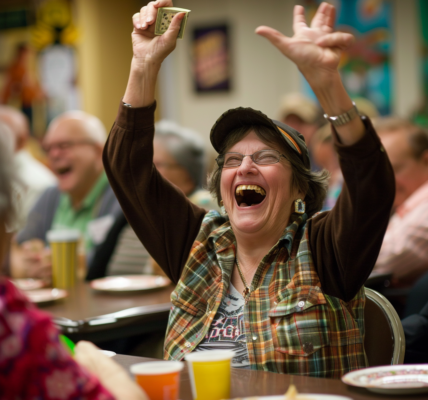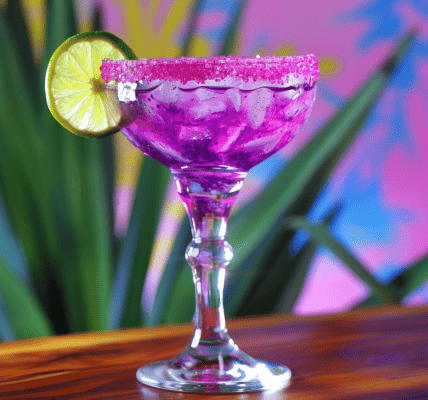As the holiday season approaches, cities in the Treasure Valley, including Boise, Meridian, and Caldwell, are gearing up for their annual celebrations. However, a notable trend has emerged: the omission of the term “Christmas” from their festivities. This has sparked discussions among residents and local leaders about the evolving language surrounding holiday celebrations.
The Boise Holiday Parade, a much-anticipated event, will take place this weekend, inviting families and individuals to brave the chilly weather to enjoy the festivities. The parade will include vibrant displays of lights and various performances, but many are questioning why the celebration is branded simply as a holiday event rather than a Christmas parade.
Historically, Idaho has been known for its strong sense of community and traditional values, often embracing the term “Merry Christmas” during the holiday season. However, in recent years, the shift towards a more inclusive language has led to the use of phrases like “Happy Holidays” instead. This change has left some residents feeling nostalgic for a time when the term “Christmas” was more widely accepted and celebrated.
Local officials have been called upon to address the concerns of constituents who feel that the omission of “Christmas” from the parades is indicative of a larger cultural shift. Critics argue that this trend reflects a hesitance to embrace the holiday’s religious significance, and they are eager to see a return to the more traditional terminology.
As the Boise Holiday Parade approaches, many attendees are expressing their desire for a celebration that honors the true spirit of Christmas. The event will be televised, allowing those who cannot attend in person to partake in the festivities from home. Despite the absence of the word “Christmas” in the parade’s branding, the community spirit remains strong, with families looking forward to gathering and creating lasting memories.
In addition to Boise, Meridian and Caldwell are also hosting their own holiday parades, which similarly refrain from using the term “Christmas.” These events have sparked discussions among residents about the importance of inclusivity versus tradition, with some arguing that the use of “Happy Holidays” allows for a broader celebration of various cultural and religious practices during the season.
As the parades draw near, the debate continues over the appropriate language to use in holiday celebrations. Many residents are eager to see their local leaders take a stand on this issue, advocating for a return to terminology that reflects the cultural heritage of the area.
Despite the ongoing discussions, the parades are expected to draw large crowds, as families come together to enjoy the festive atmosphere, light displays, and community spirit. The excitement surrounding these events highlights the importance of holiday traditions, regardless of the specific language used to describe them.
As the Treasure Valley prepares for its holiday celebrations, residents are encouraged to reflect on the significance of the season and the language they choose to embrace. Whether it’s “Merry Christmas” or “Happy Holidays,” the essence of the celebrations lies in the coming together of communities and the joy of shared experiences.
With the parades just around the corner, the Treasure Valley is set to light up with holiday cheer, showcasing the resilience and unity of its residents during this special time of year.





